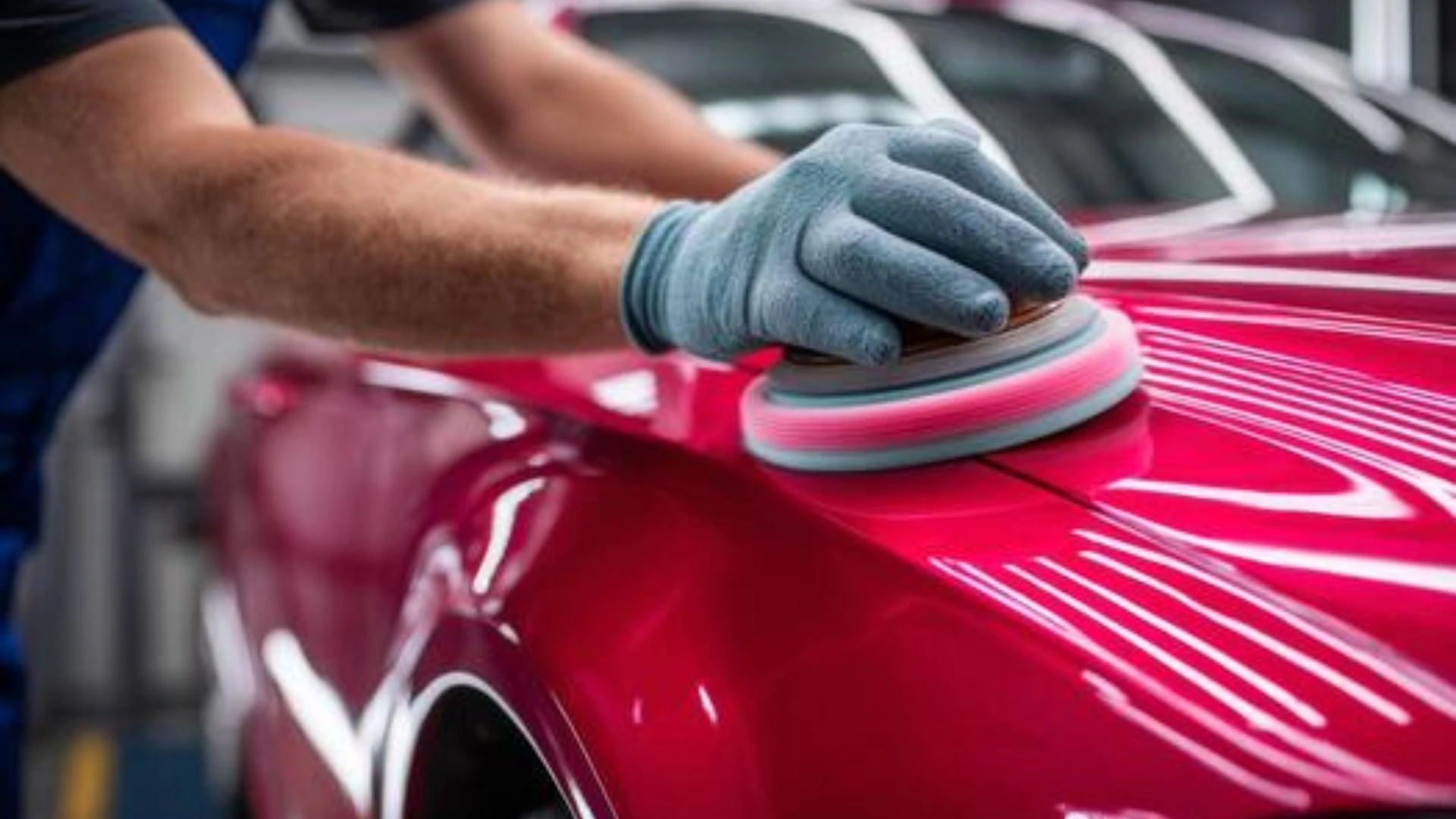_1649661359.jpg)
Table of Content
▼Who wouldn't get frustrated and scared of seeing smoke coming from under the hood during a summer drive? Overheating Engines can and do happen and the damage can be permanent if proper precautions and actions aren’t taken. Engines that run too hot can damage and ruin your journey.
Autonexa is here to help you understand why engines overheat, as well as what actions to take if your vehicle begins overheating while you’re driving.
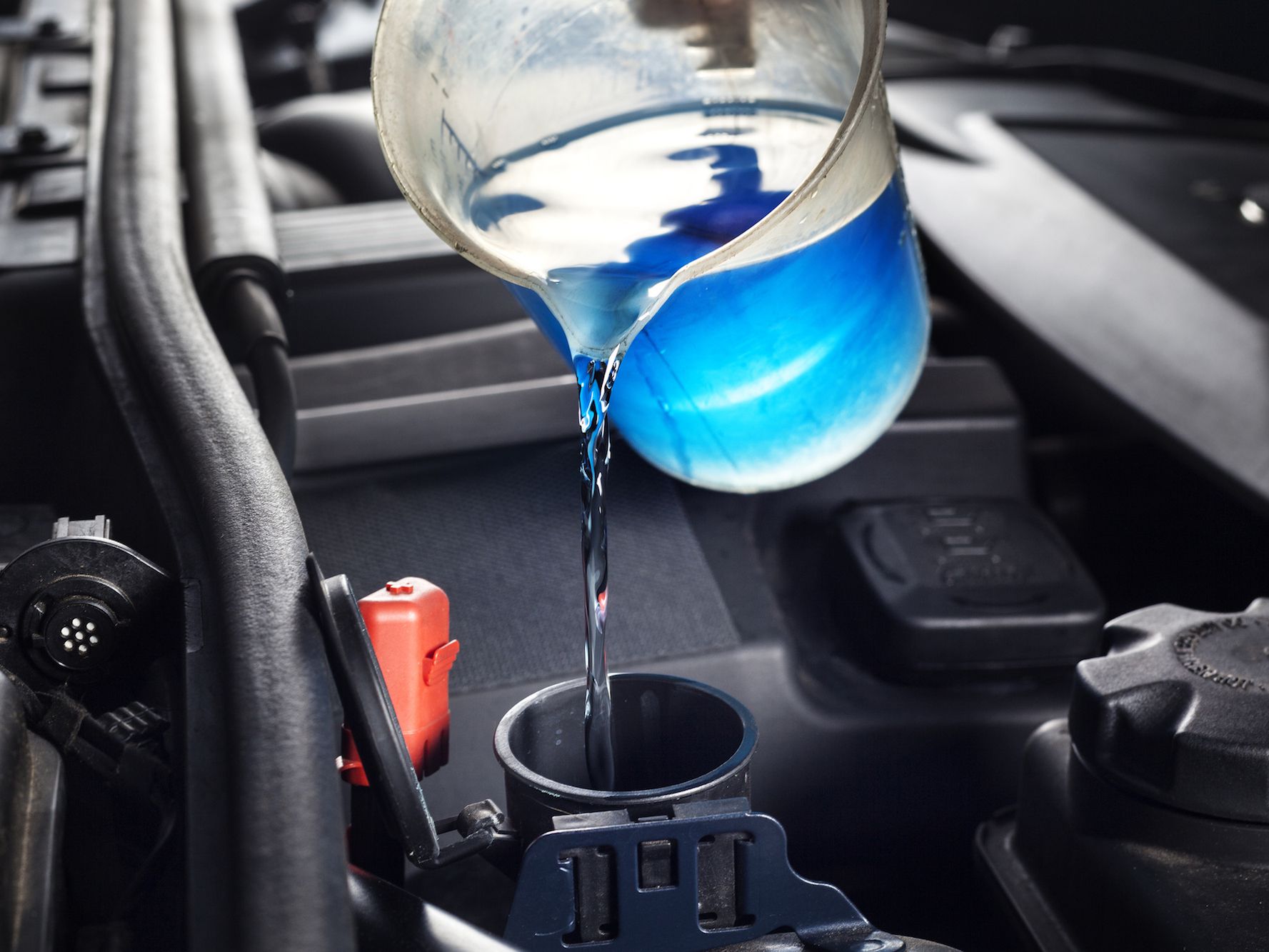
What does a cooling system do?
Before we get into the causes of engine overheating, it is good to understand what the engine cooling system does. The general cooling system maintains a standard engine operating temperature by circulating coolant or antifreeze through the engine to the radiator, drawing heat away from the engine.
What happens when an engine overheats?
Today's engines are generally built to be durable, but when the heat generated by a car's engine is much higher than its normal operating temperature, devices designed to cool this heat distribution can begin to fail, potentially causing permanent damage not only to the engine, but also to the Gaskets, hoses, and seals designed to keep the engine running.
There are a variety of causes for a vehicle to overheat, including a leaking cooling system, clogged hoses due to corrosion and mineral deposits, radiator problems, or broken water pumps. Regular checkups can help prevent future overheating problems.
What to do if your vehicle begins overheating
If you're on the road and your warning lights come on, and you notice a strange smell coming from the engine, you see smoke, or you feel your car isn't going as it should, follow these precautions for your vehicle.
Pull over and assess the situation
As soon as you notice a problem with your vehicle, your next course of action is to get off the road to a safe, clear area and turn off the vehicle. If the vehicle overheats, continuing to drive with a potentially damaged engine may result in permanent damage.
Keep moving only if necessary
If there's a situation where you can't come to a complete stop in a safe, clear area, keeping the car moving slowly can allow air to continue flowing around the engine to aid in natural cooling. Leaving your car idle with the engine running may worsen the problem, which can quickly produce unwanted extra heat.
Turn on the heat
Yes, this is correct. While the car is still in motion, turning off the air conditioner and raising the temperature to a high setting can help remove extra heat from the engine.
Open all the windows
The goal is to release as much heat as possible. Lowering and opening as many windows as possible is another way to let the heat out of the car.
Call for assistance
The first option at this point is to contact a service or roadside assistance.
Do not try to open the hood of your car until the vehicle has cooled down
Once the vehicle is completely stopped and turned off, do not raise the hood. Depending on how long the vehicle has been running, the vehicle's coolant temperature can rise to an extremely hot level and essentially put pressure on the cooling system itself. As soon as the car has completely cooled down, it is expedient to try to open the hood. The vehicle should be allowed to cool naturally before opening the hood.
To make sure the car has cooled down properly, watch your car's temperature gauge go from HOT to COLD, which can take more than 30 minutes. Depending on the vehicle you're driving, the thermometer may only work when the ignition is in the " accessory" or "on" position. During this step it is important not to start the engine and in this case only turn the ignition to the "on" position to read the temperature gauge.
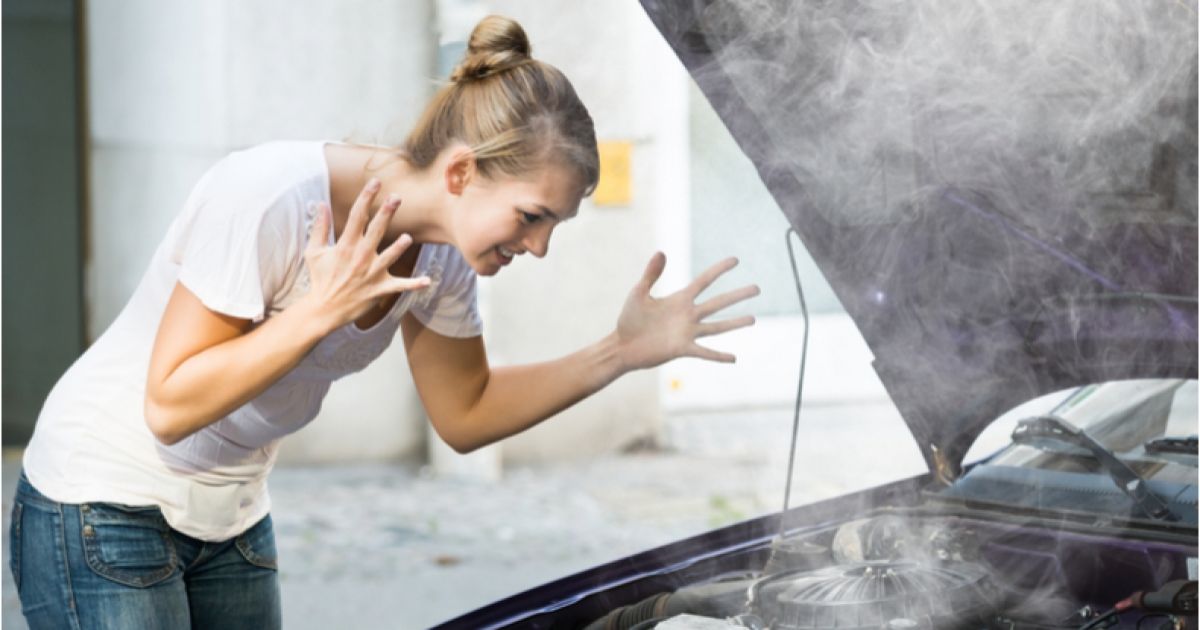
Common reasons for overheating engines
There are a variety of reasons why a car engine is overheating. Some examples might be quicker fixes, such as refilling your antifreeze, but other issues may be more permanent if not handled properly by a professional.
Below are common factors that can cause a car to overheat:
Too little or no coolant
Driving without proper levels of coolant/antifreeze can cause the cooling system to fail. If coolant levels are below manufacturer recommendations, refill the levels or top up with new coolant/antifreeze. When adding new coolant to an empty tank, use only a 50/50 mixture of coolant/antifreeze and water. If you are not sure where the coolant reservoir is located or the correct way to refill it, consult your vehicle owner's manual.
Cooling system leaks
An empty coolant reservoir may be due to a possible leak. Coolant leaks can often be identified by splashes or puddles on the floor.
Note that the coolant has a sweet smell and may be green, blue, or orange in color depending on the type of coolant used.
A broken water pump
The task of the water pump is to circulate the coolant throughout the engine. If the coolant is dirty or has a lot of buildup, it can prevent it from moving through the pump, which can lead to an overheating condition.
Radiator issues
Radiators and fans help reduce engine heat by lowering the coolant temperature. Fan problems can reduce the coolant's ability to remove heat, causing the temperature to rise abnormally.
Oil too low
In addition to lubricating engine parts, car engine oil helps control overall temperatures. Low oil levels can cause the engine to overheat.
Thermostat failure
Like a home thermostat, a car thermostat is essential for regulating engine temperature. A faulty thermostat can damage the engine by not allowing coolant to flow as intended by the vehicle manufacturer.
Issues with the belts and hoses
If coolant hoses are leaking, clogged, or broken, or if belts are damaged or frayed, their purpose of maintaining air and coolant flow to and from the engine and related systems will be limited and may result in unexpected engine damage. engine.
Heater core is plugged up
Coolant flow can be affected if the engine heat exchanger unit is clogged or blocked, which can cause the vehicle's engine to overheat.
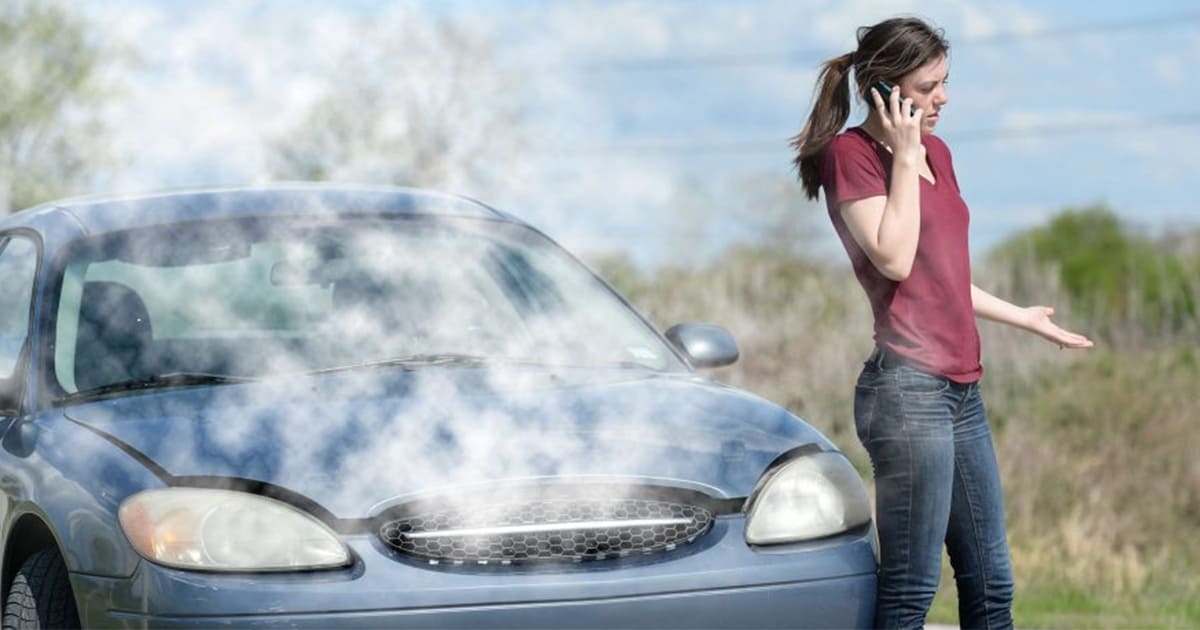
Tips to prevent the car from overheating
Remembering a few quick tips while driving can help to alleviate permanent engine damage down the road.
-
Check your vehicle's coolant levels regularly
-
Keep an extra bottle of new antifreeze and a gallon of water in the trunk.
-
Check your car thermostat while driving
-
Do not abuse the car air conditioner on very hot days.
-
Help cool the engine by running the heat at the first sign of overheating
-
Consult your vehicle owner's manual to keep up to date with coolant service flushes.
An overheating engine is a sign of a serious problem. Regular maintenance checks will help identify problems early, before they cause permanent damage to your vehicle.
Also Read: When should you sell your car, how to ensure that it fetches you a good price
Aakash Mehra
Automotive Journalist & Car Reviewer. Aakash Mehra is a seasoned automotive journalist with over 9 years of experience in car journalism and consumer-focused reviews. Having test-driven more than 550+ vehicles, he delivers detailed comparisons, expert insights, and unbiased advice to help readers confidently choose the right car.


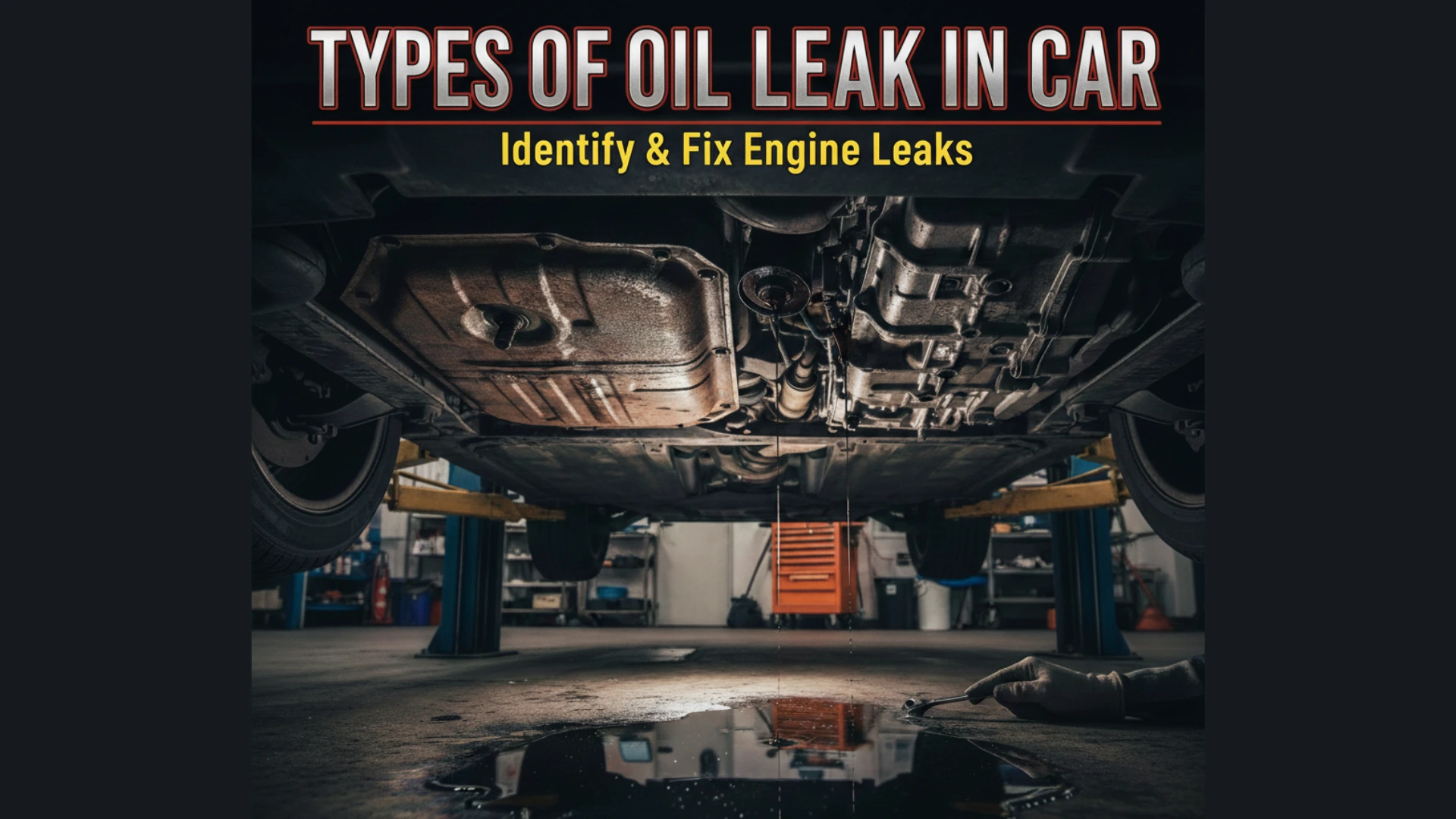
_1770807147.webp)
